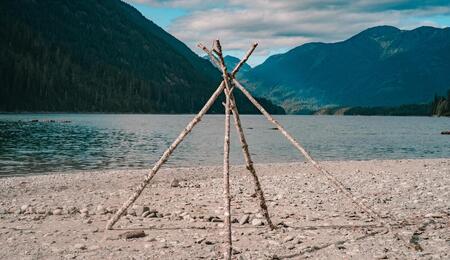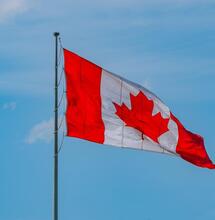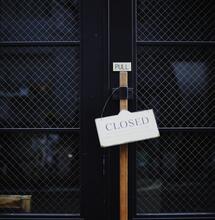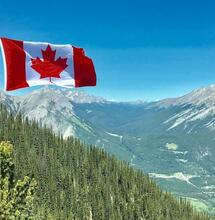Canada First Nations Land Gets Cannabis Facility

Sugar Cane Cannabis becomes British Columbia's first farm-to-gate cannabis facility. It's the first cultivation site of this type in Canada, and the very first cannabis facility to open on First Nations land. The 7,000-square-foot site allows customers to purchase cannabis grown on the spot. The move is seen as a significant step for the First Nations peoples of the country.
Situated in Williams Lakes, the dispensary represents a major milestone for the Canadian cannabis sector and the First Nations community.
"It has been a very long journey when you look at what we have been through and what the staff has been able to pull together," Williams Lake First Nation Chief Willie Sellars told reporters when the facility opened on May 6.
Sellars added: "They realized this craft cannabis tourism vision model. It's still a little bit surreal but you can see how pumped they are to showcase it to the public."
The Williams Lake First Nation facility has taken two years of construction efforts. Some sections of the site still need to be completed, and others, such as a mixed-development building called The Osprey Nest, invite visitors to socialize along with a cup of coffee, if not anything else.
The facility operator took the last few years to grow its presence on the market. Under the brand name Unity Cannabis, products from this operator are available in Penticton and Merrit shops, with more retail spaces scheduled to open in Lac La Hache and other places.
"It's not the gold rush that everyone expected it was, but it's a nice niche little business that provides a revenue stream for WLFN and also provides job opportunities for people not only at WLFN but around the province," said Sellars.
The plants for the WLFN operator are provided by Life Cycle Botanicals, which was licensed in May 2022. Five separate grow rooms within the Sugar Cane Cannabis Facility are used for farming operations, with each room containing different strains and properties profiles. The facility hires Master Grower Brendon Roberts, who moved from Toronto to be able to tend to the facility crops.
Earlier this month, the First Nations group announced intentions to hold a referendum in the summer where members can vote on a proposed $135 million settlement with the federal government. Should an agreement be reached, the funds could be used in part to offer a one-time compensation to each WLFN member Elder over the age of 60, offer annual provision for every community member, and set up a professionally managed community trust that will ensure a legacy for future generations.
The restitution relates to a land displacement from traditional tribal village lands, which took place 160 years ago.
The WLFN community today numbers a population of more than 800 registered members who live on reserve in Sugar Cane, in nearby Williams Lake, BC, and across the globe.







